Why The Red Poppy Flower Is Used For Military Remembrances
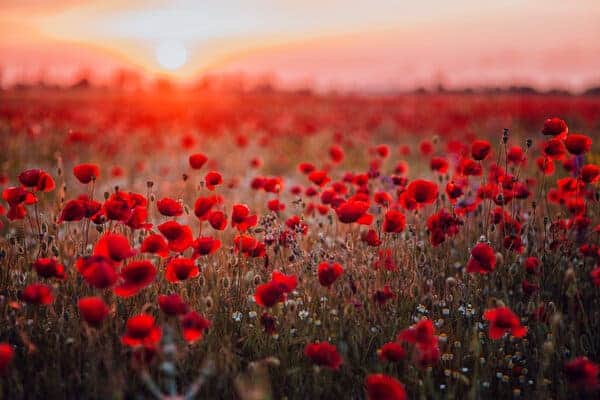
What is a Red Poppy Flower?
The red poppy flower, also known as the Papaver somniferum, is one of the world’s most popular wildflowers. The red poppy is native to most of Eurasia and North Africa, but today is best known for its presence in Central Europe. This small flower ranges from 12 to 14 inches and 2 to 3 inches wide.
Red Poppy Flower Meaning – What Does The Poppy Represent
Red poppy flowers represent consolation, remembrance and death. Likewise, the poppy is a common symbol that has been used to represent everything from peace to death and even simply sleep. Since ancient times, poppies placed on tombstones represent eternal sleep. Additionally, poppies are used as a symbol around the world to remember those who died in military service.
How did the Poppy Flower become a symbol of remembrance for military
After the Napoleonic wars in the early 19th century, the land was destroyed as it was left desolate, arid and infertile. Shortly after, red poppy flowers magically grew around the bodies of the fallen soldiers. Poppies then became a symbol of hope and peace with an underlying meaning that the sacrifice of soldier’s lives were for the greater good. Again in 1914, the fields of Northern France broke out in fighting as World War 1 began. Once the world war was over, one of the only plants to regrow were red poppy flowers.
Poppies And Their Cultural Reference
Poppies are significant because of cultural interpretation that these flowers promise resurrection. Red poppies flowers strongly became a symbol of remembrance because of Lieutenant-Colonel John McCrae and American professor Moina Michael. McCrae was a poet and soldier during World War 1 and is best known for his war memorial poem “In Flanders Fields”.
In this poem, McCrae referred to the red poppies that grew over the graves of the fallen soldiers and started the remembrance symbolism of the red poppy flowers. After the conclusion of World War 1 in 1918, Moina Michael wrote a response poem, “We Shall Keep the Faith”, that officially declared that red poppy flowers would be a year-round honor for the soldiers who had died in combat.
Today, the remembrance poppy has become one of the world’s most recognized memorial symbols for fallen soldiers. Even a century after World War 1 ended, people still continue to use the red poppy flower as a symbol for remembrance. Millions of people worldwide from the United Kingdom to Canada to New Zealand wear the flower every November 11th to commemorate the anniversary of the 1918 armistice, also known as Remembrance Day or Armistice Day.
On the contrary, in the United States the tradition has developed differently as Americans wear the red poppy on Memorial Day, the last Monday in May. In America, November 11th is formally known as Veterans day which honors all living veterans whereas Memorial Day is to honor the sacrifice of the men and women who have given their lives fighting for the United States.
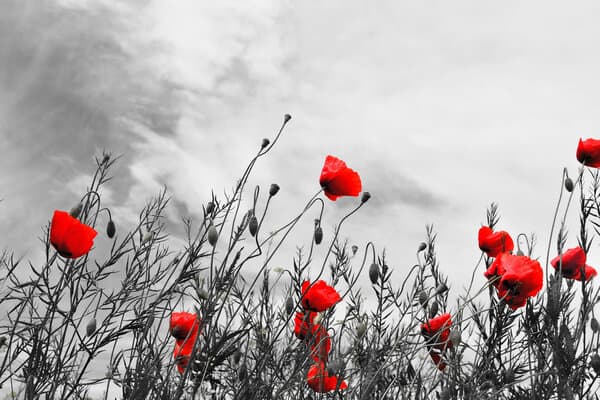
Sum up
The red poppy flower is much more than a wildflower. From sleep to peace to death, the red poppy flower is a beautiful symbol of remembrance worldwide. Since World War 1 and McCrae’s poem of the flowers, the significance is still felt a century later. All over the world the red poppy flower symbolizes remembrance for the fallen soldiers and will continue for generations to come.
Source Tactical Gear honors all militaries around the world and specifically their fallen soldiers, and thanks them for their service. We are proud to provide high-quality gear to military and civilians alike.
Check out our most popular categories:

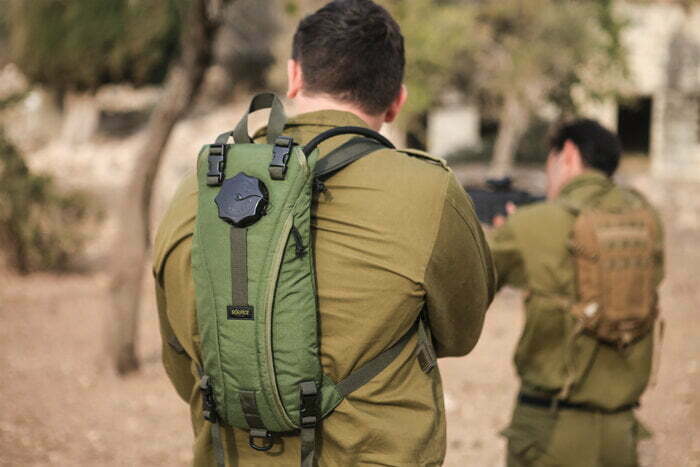
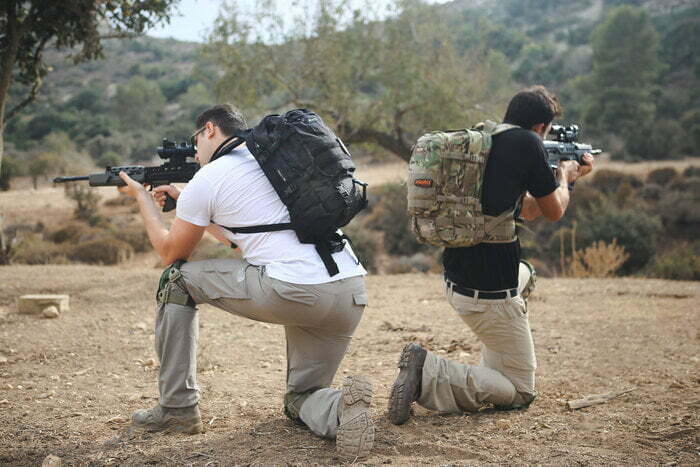
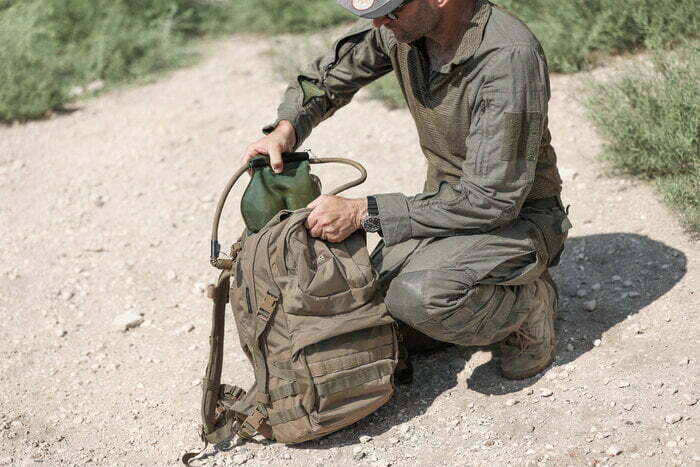

 Facebook
Facebook google
google